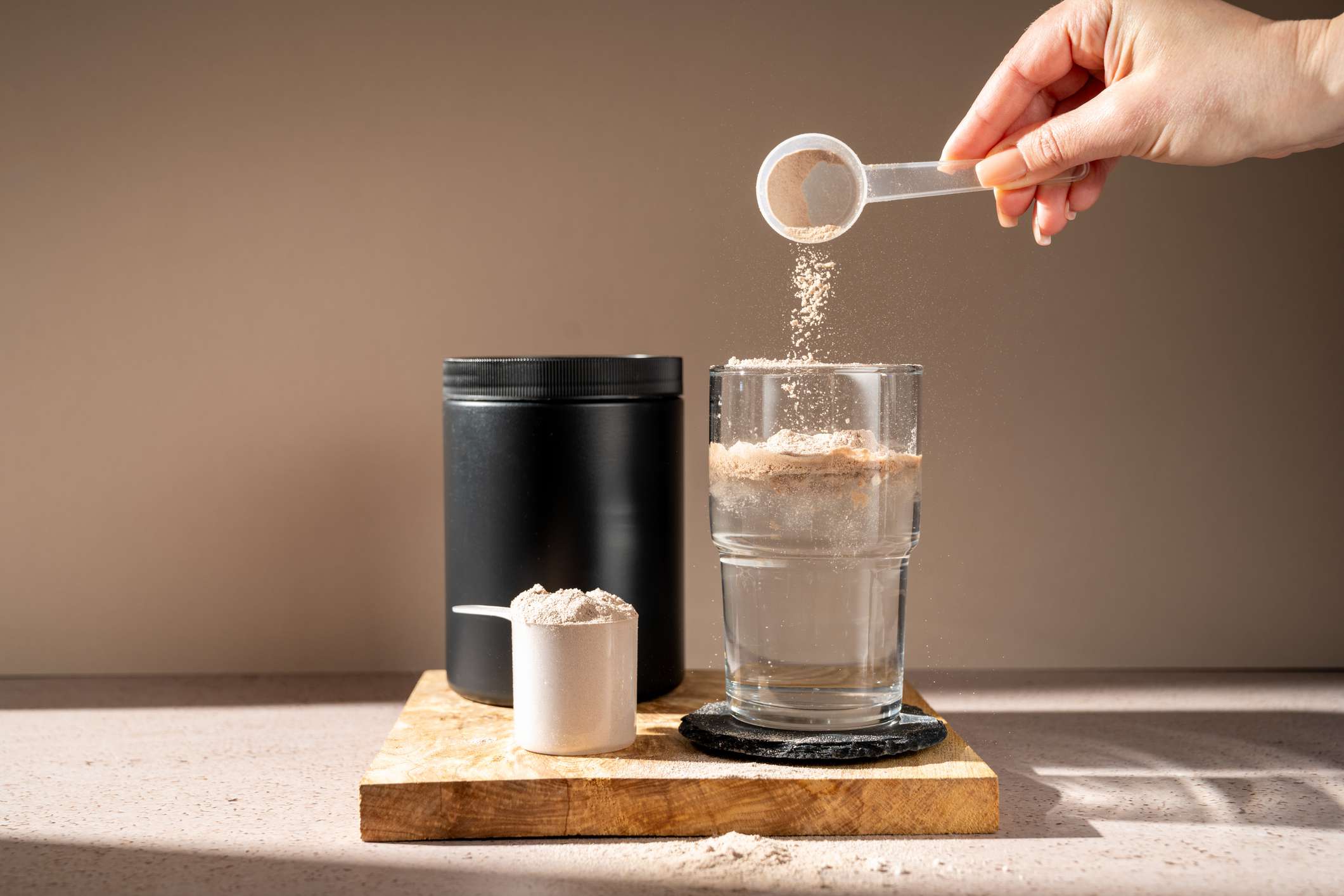:max_bytes(150000):strip_icc():format(jpeg)/Health-GettyImages-ShouldYouTakeCreatineEveryday-ccca2200468144e6919793f234cfec0a.jpg)
Creatine is popularly taken as a supplement to improve strength, power, and the number of sets completed during exercise. It may improve physical performance, lower inflammation, and give you more energy, making your workout more efficient.
With benefits like these, you might be inclined to take creatine frequently, especially if you’re an athlete. But is it safe to do so?
Creatine is safe for short-term use. The majority of creatine-related studies only report on participants taking the supplement for five to seven days. Researchers have also found that taking creatine daily for 12 weeks can help with long-term muscle strength and growth.
Experts recommend high doses (25 grams) of creatine daily are safe for up to 14 days, while others say lower doses (4 to 5 grams) for up to 18 months are safe.
The International Society of Sports Nutrition says that it’s safe to take up to 30 grams of creatine daily for up to five years, though more long-term studies are needed to support this.
Taking creatine regularly can provide the following benefits:
- Give your muscles more energy, which helps to make them larger and stronger with proper exercise and training
- Improve your overall exercise performance, especially in activities that need quick bursts of energy like bodybuilding, rowing, soccer, and cycling
- Help your muscles recover quicker after a workout and help you feel less sore
- Bring more water into your muscle cells, helping your muscles grow and stay hydrated
Creatine isn’t just for athletes. Improving muscle strength may also be useful in older adults hoping to increase their overall well-being. Numerous studies have also shown that creatine may be useful in heart, nervous system, and mental health.
It likely doesn’t matter whether you take creatine before or after a workout. Studies have evaluated the different timings, but neither time stands out as the best option. This is most likely because your body stores creatine. As long as you consistently provide your body with the amino acid, your muscles will use it when needed.
By taking creatine often, you ensure that you constantly have enough available for use. If you are recovering from a workout, having creatine in your system may help lower soreness and heal your muscles more quickly.
Most studies found no major difference in strength and muscle size in people who only took creatine on workout days versus those who took it every day. Taking creatine only on workout days may lower costs and prevent you from consuming unnecessary amounts.
Creatine does not have many side effects. The most commonly reported creatine side effect is weight gain. However, this increase in weight only happens because creatine brings water into your muscles.
When you first start taking creatine, this increase in water (also called water retention) makes it seem like you have gained weight. This weight gain should only be temporary, and will likely go away after the first week or two of starting creatine.
Other less common side effects include the following:
If you decide a creatine supplement is right for you, it’s important to be consistent. Having creatine in your body always helps with muscle growth, energy, and recovery, whether you are working out or not. Staying well hydrated may also lower your risk of side effects.
Creatine does not interact with many medications or supplements. However, there is evidence that caffeine may lower the effectiveness of creatine.
If you begin taking creatine, talk with your healthcare provider to ensure that the supplement is safe for you, your health conditions, and any other products you may be taking.
Creatine is a popular supplement used to improve strength, power, and the number of sets completed during exercise. It can improve physical performance, lower inflammation, and give you more energy, making your workout more efficient.
There is also evidence that creatine may be useful in brain, nervous system, and heart health.
Creatine is safe to take every day and may be ideal depending on your health concerns and physical goals. It is considered safe, with a low risk of serious side effects.




